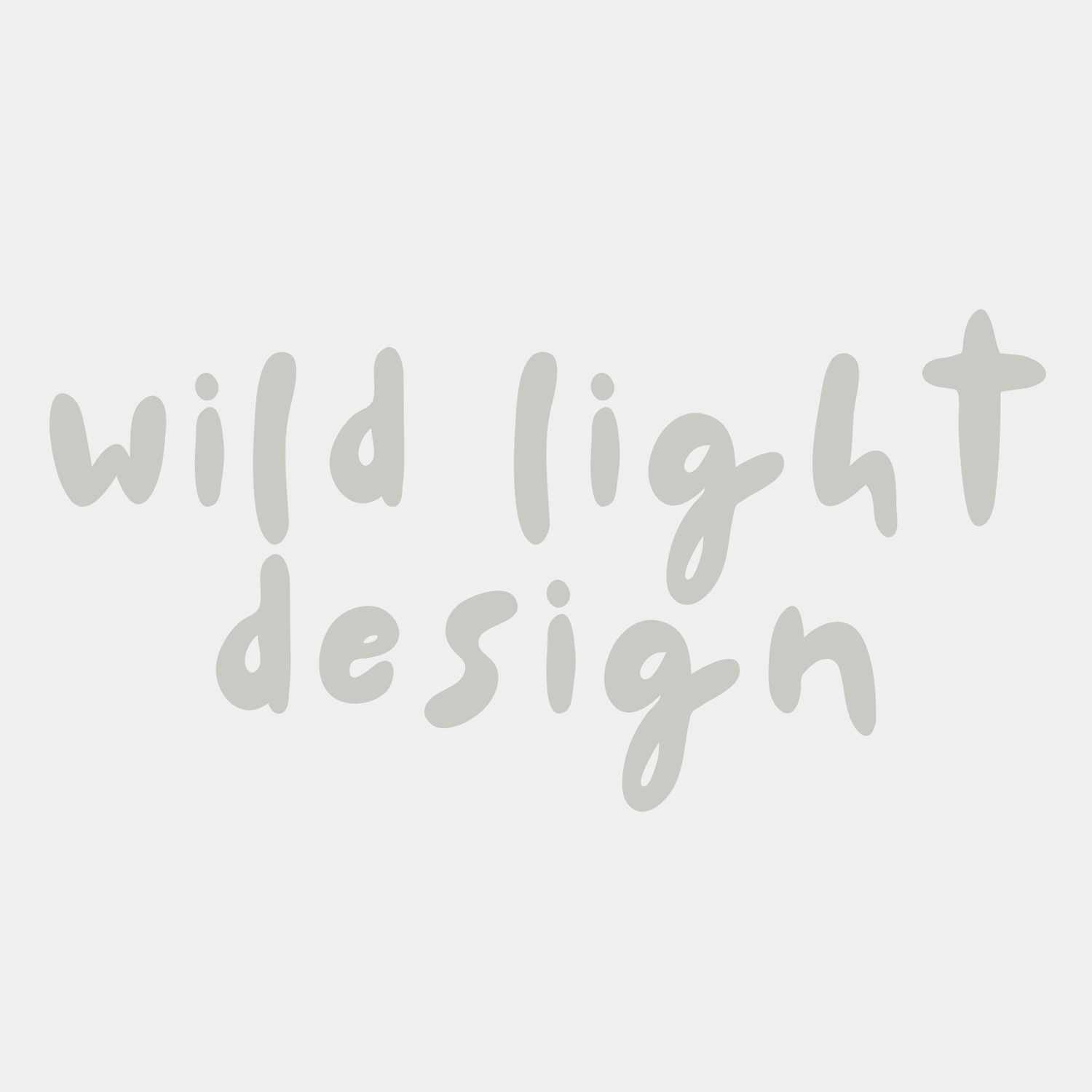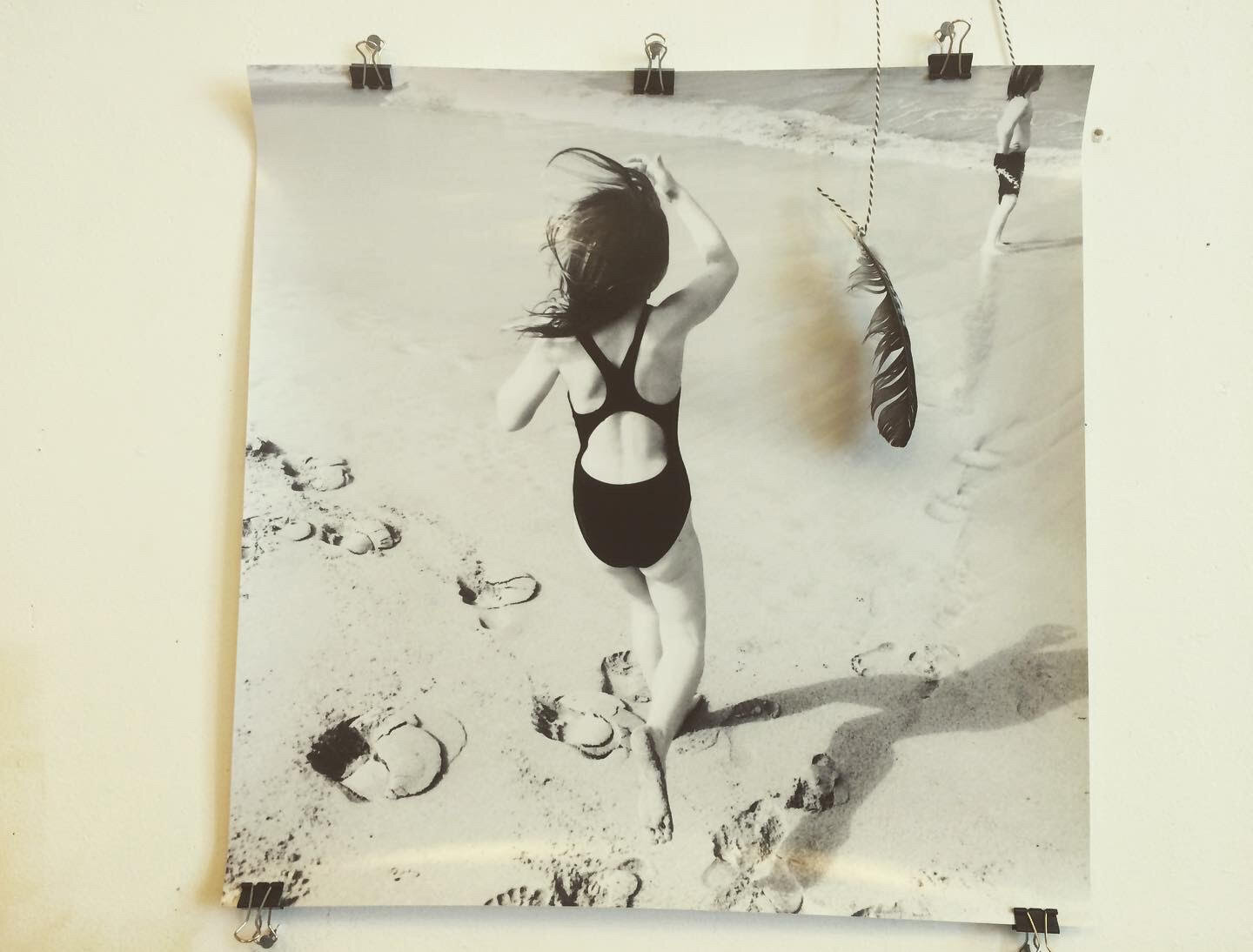Clara Diesen
what’s your craft / what’s your art
[CD]. I am a poet. I also worked with theatre as a director and playwright, and that evolved to performance art, and then visual arts in the forms of drawings, and installations with readymades. I think everything I do is basically poetry. Or the poetry is poetry, is text, and the other disciplines are a way of researching the themes I keep coming back to, further – multi-dimensionally. I think I am just restless and curious. I never stop at anything.
how many hours in a day do you make / how many hours in a day do you think about making
[CD]. I work with other things than my making art, to support myself and my family – but I think about it all the time.
where are you right now
[CD]. I am at home in Stockholm, the capital of Sweden, where I was born and where I live.
in the year 2020, what of your life have you let go
[CD]. I had to let go of my good feeling of having reached solid ground, more or less – and it is with sadness and anxiety actually because I lost a lot of work opportunities due to the pandemic. I have to start all over in accepting the unknown, the insecurity.
what does being a female or female-identifying artist mean to your work
[CD]. It means a lot. I read a lot about post-modernistic theory when I was in my twenties, a long time ago, and it was the trend within literature, history, and science then. I can relate to the feeling of inherited doubt, in my capacity; I think a lot of women writers (and artists) feel they really have to overcome something that men don’t have to overcome, in order to take up the pen or the brush, to enter the room that for centuries wasn’t accessible for anyone other than white men. It is in the dominant system that suppression is so deep and vast. It sits in many of us. I acknowledge my own privileges as European and white, but as a woman, I do feel the struggle. I believe in intersectional analysis, and that we have to strive for equality. I read about the postmodern language theories when I was younger in reaction to the patriarchy that language is shaped by the dominant forces in a culture. Most of the spoken- and certainly the written- language is male. It is the language of the father, not the mother. Poetry is a way of being free. I heard opinions like it is not real writing but something that typically women do. While men write “real books” like huge novels.
can you describe yourself as an artist in your childhood / at what age did play merge into art
[CD]. When I was I child, I already distinguished art from play, and acknowledged that it had a different outcome, somehow.
At seven years old, I was at a friend’s house in the countryside in Sweden. I was an overly sensitive child, or at least that was the story I learned. In fact, I might just have been sensitive. I often got teased for my shyness. I grew up in the seventies with politically active parents. While many things were great in that era as well as with the way I grew up, it seems like there were many situations where I didn’t feel safe in that environment. It was lively, crowded, loud.
There were so many times I needed to withdraw from a crowd, and this particular time was one of these times which I will remember forever: it was a dinner with a lot of people, at this country house I told you about when I was seven. I decided to slip away, and I did. I walked out of the house. Then out of the garden. Out the forest and meadows – in nature, on my own. I went as far as I dared. I felt a great release. I was exhilarated by solitude. I felt perfectly safe.
I found a patch on the ground with yellow flowers, sat down, and I started to sing spontaneously. It was like the words came to me from outside of me, and not from within me. The words came from the flowers, and the sun, and from the color yellow. All of a sudden I heard laughter behind me, and it was my friend who was spying on me. I broke down right there and then, and I learned so much about the fragility of creation.
I also wrote my very first poem after this experience. It was about yellow – and I was thrilled to see how I managed to get something out of that moment, a life-changing moment in both the good and the painful. I wrote it on my dad’s typewriter. “The sun is yellow,” it is called. I didn’t write for many years after that, I was done. It was too perfect.
in the darkest of times, what material do you reach for
[CD]. I guess I try to write – so my notebook and favourite pen would be my answer – but I kind of got out of the habit. The answer might be that I tend to start a little performance or a tiny artistic research project with fellow artists, just for us. For instance, we’ll do a performance in nature – for nature.
The pandemic has inspired me even more to do that sort of thing. But right now I’m really tired. I might pick things up at walks, like a way of gathering material in the sense that it makes me present in the now. Aware.
what are you afraid of
[CD]. Climate change and its consequences. What it will mean for our children.
do you have artists in your family
[CD]. We have had many creative characters, like my grandfather and his father were inventors – and my sister is a musician. I am not from an artist-family though.
what are you reading right now
[CD]. I tend to read less fiction these days but a lot of zen Buddhist literature. That has been a fact for a few years actually. I prefer philosophy, theory, Buddhism, over novels. It is like I don’t have time for fiction somehow, but instead, I want to learn, to get inspired, and be awake. I have no patience.
what are you listening to right now
[CD]. A lot, I listen a lot to music. It’s my food. Here’s a playlist I made for you.
did you study art / describe a moment of a class, in academia or alternative learning, that shifted your perspective
[CD]. I went to a very high-profiled school in creative writing here in Sweden, called Biskops Arnö Författarskola. It was mindblowing to have so much time to work with whatever project in writing you chose to, as you have that possibility only in art schools. I loved that we had to take so much responsibility ourselves in that kind of setting. I also got a lot by being taken seriously, by teachers and fellow students; such respect for the craft, for the work we all put into our craft, and the attention that was pouring into each others’ writing, dreams, and striving. It was a beautiful… time of my life.
how do you allow for your values as an artist to heal within the competitive realm of capitalism
[CD]. I try not to compete. I think this system drives us all crazy and we have to protect ourselves. I experiment with different discourses. Like we have to resist, but what does the dramaturgy of resistance really look like? We can’t wear ourselves out. We have to be allies. We have to hold space. We have to protect one another.
Photo Credit: Patrik Qvist
Clara Diesen is a poet, artist, creative director who lives in Stockholm. Poetry, performance, objects, texts, drawings.
















